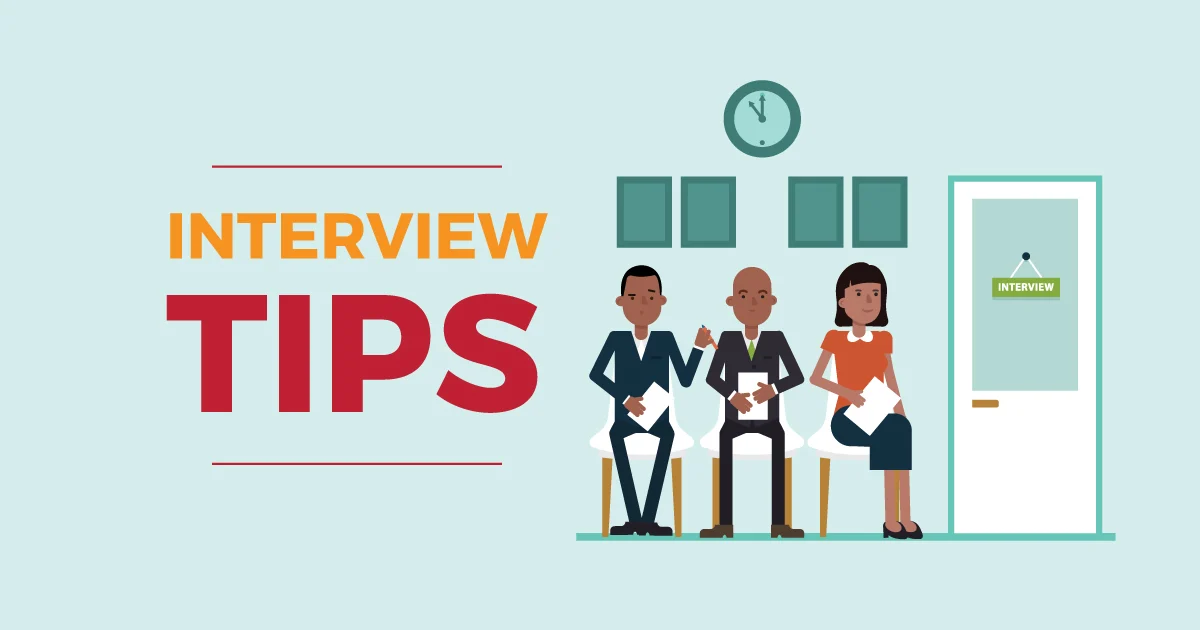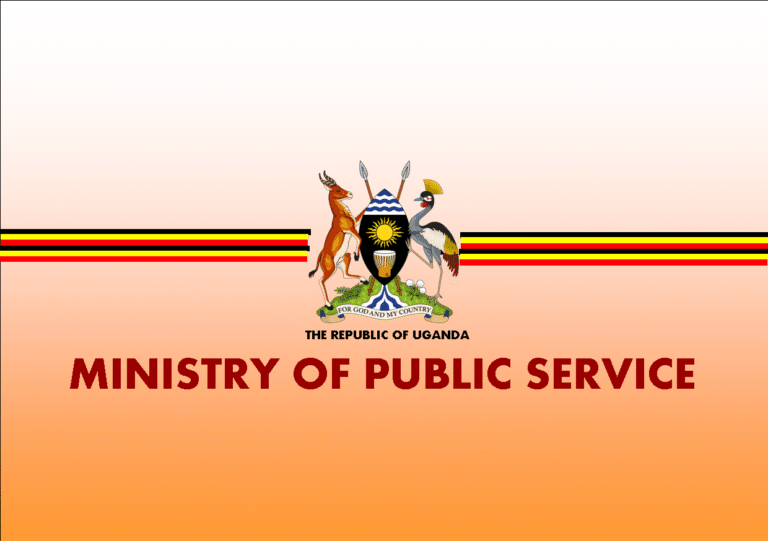Landing a job interview in Uganda is exciting—it’s your chance to shine in a job market that’s buzzing with opportunities in tech, telecoms, agriculture, tourism, and NGOs. With Uganda’s economy projected to grow by around 6% in 2025, driven by digital innovation and e-commerce, competition is fierce, especially among the youthful workforce.
But don’t worry: preparation is key, and blending professional skills with Ugandan cultural savvy can set you apart. I’ve seen friends in Kampala go from nervous applicants to confident hires by focusing on research, practice, and etiquette. This comprehensive guide breaks it down step by step, with relatable tips tailored to Uganda’s unique interview landscape. Whether you’re eyeing a role at MTN, a startup in Nakawa, or an NGO in Gulu, let’s get you ready to impress.
Step 1: Research the Company and Industry Thoroughly
In Uganda, employers love candidates who show genuine interest in their work and the local context. Don’t just skim the website, dig deep.
- Company-Specific Prep: Learn about their mission, recent projects, and challenges. For example, if interviewing with a telecom giant like MTN Uganda, mention their mobile money innovations or affordability for Ugandans. brightermonday.co.ug Check BrighterMonday Uganda or the company’s LinkedIn for news.
- Industry Trends: Uganda’s hot sectors in 2025 include IT (AI, blockchain, cloud computing), sales/marketing (e-commerce boom), renewable energy, healthcare, and agribusiness. nucamp.co +1 For tourism roles, prepare to discuss balancing conservation with visitor numbers, like in Bwindi.
- Local Angle: Reference Uganda-specific initiatives, like government ICT programs or climate-smart farming.
Relatable tip: A buddy applying to a fintech firm researched their app’s impact on rural users—mentioning it sparked a great conversation and landed him the job.
Pro Hack: Use sites like BrighterMonday.co.ug for job alerts and career advice.
Aim to spend 2-3 hours researching per application.
Step 2: Understand the Ugandan Interview Process
Interviews here often involve multiple stages: resume screening, phone/video calls, in-person panels, and sometimes aptitude tests or assessments. Processes can be rigorous, like at Uganda Revenue Authority or MTN, with probation periods.
- Expect 2-3 rounds, mixing technical questions with behavioral ones.
- Virtual interviews are common due to traffic in Kampala—test your Zoom setup and dress professionally from the waist up.
- Panels are frequent; address the senior person first.
Common formats: In-person in Kampala offices, or hybrid for remote roles.
Step 3: Master Common Interview Questions
Ugandan interviewers focus on passion, fit, and quantifiable achievements. Practice these top questions from local sources:
- Tell me about yourself: Keep it concise—current role, key achievements, why this job. Example: “I’m a HR assistant with 2 years screening candidates, eager to bring my skills to your recruitment team.”
- Why do you want this job/company?: Show passion. “I admire your affordable services and want to contribute to making them accessible to more Ugandans.”
- What are your strengths/weaknesses?: Be honest but positive. Strength: “Team player who grew Instagram engagement by 150%.” Weakness: “I used to overcommit, but now prioritize with tools like Trello.”
- Salary expectations?: Research online and aim for UGX 1.5-2 million net for entry-level.
- Behavioral: “Tell me about a challenge you overcame.” Use STAR (Situation, Task, Action, Result).
Industry-specific: Tech? Expect coding tests. Sales? “How would you handle fighting clients?”
Relatable scenario: Practice with a friend over rolex and chai—record yourself to catch filler words like “um.”
Step 4: Nail Ugandan Business Etiquette and Culture
Uganda’s “obuntu bulamu” (shared humanity) shines in interviews—be warm, respectful, and relational.
- Greetings: Firm handshake, eye contact (but lower for elders/seniors), smile, and inquire: “How is the family?” Use titles: “Mr. Katumba,” not first names.
- Hierarchy: Address the highest-ranking first in panels. Listen more, interrupt less—nod to show attentiveness.
- Communication: Indirect and polite; avoid direct “no.” Build rapport with small talk about Kampala traffic or weather.
- Time and Punctuality: Arrive 15-30 minutes early, but expect “African time”—delays are common, so stay patient and chat with reception. resumeflex.com
- Body Language: Minimal personal space; same-sex touching (arms/shoulders) is fine, but limited for opposite sex.
Pitfall: Rushing straight to business—relationships first.
Step 5: Dress Professionally and Plan Logistics
- Attire: Conservative and smart. Men: Suit/tie. Women: Professional dresses/skirts (knee-length), no heavy makeup. Overdress rather than under.
- Logistics: Plan for boda-bodas or Uber in traffic-heavy Kampala. Bring CV copies, ID, and a notebook. For virtual: Stable internet, quiet background.
- What to Bring: Water, mints, and a positive vibe.
Step 6: Practice and Build Confidence
- Mock interviews: Use online resources or apps.
- Prepare questions: “What does success look like in this role?” or “How does the team handle challenges?”
- Follow-up: Send a thank-you email within 24 hours: “Thank you for discussing [specific topic]. I’m excited about contributing to [company goal].”
70% of success is preparation, review your CV, job description, and journey route.
Step 7: Handle Post-Interview and Common Challenges
- Feedback: Politely ask if not offered.
- Negotiate: Discuss salary, allowances (housing/common in rural jobs), and benefits.
- Challenges: Gaps? Explain positively. No experience? Highlight volunteers/projects.
Avoid: Paying for jobs (scams exist) or exaggerating—references are checked.
Final Tips for Success in 2025
Tailor everything to the job generic answers flop. Stay motivated, apply for jobs daily until you land the desired one!
You can look for jobs daily at:
Network on LinkedIn or at events. For tech roles, upskill in AI/cloud for salaries up to UGX 60 million+.



